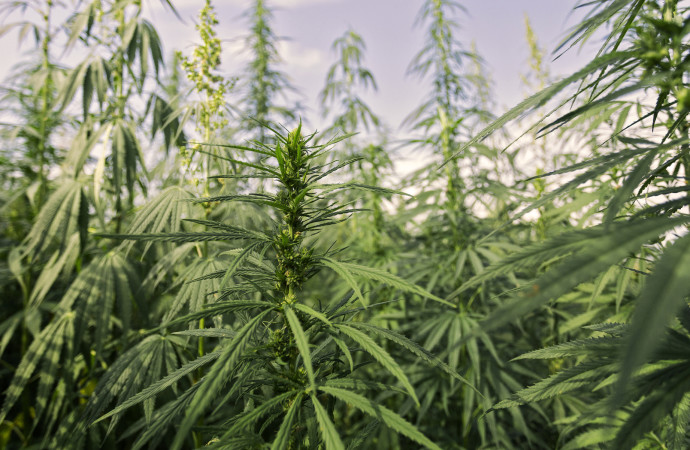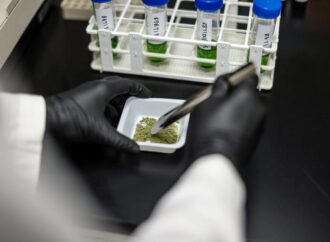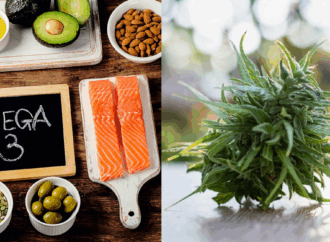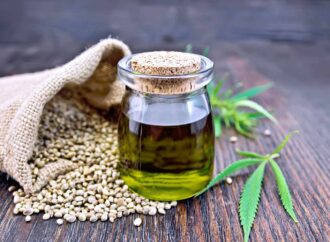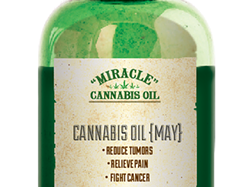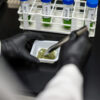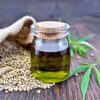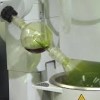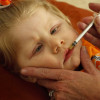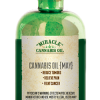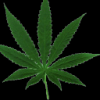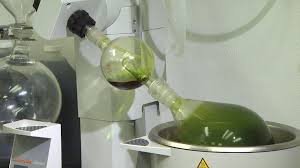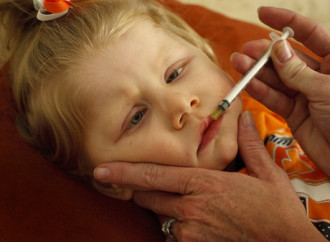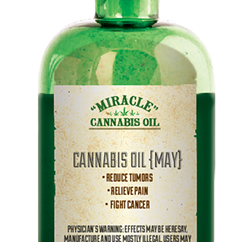Cannabidiol (CBD) is an exciting focus of medical research, popular media, and legislation related to cannabis. Its presence is becoming ubiquitous on the shelves of health food stores and search engine results for numerous medical conditions, but don’t believe everything you hear. Myth #1: CBD is non-psychoactive and medical; THC is recreational. Both lay and
Cannabidiol (CBD) is an exciting focus of medical research, popular media, and legislation related to cannabis. Its presence is becoming ubiquitous on the shelves of health food stores and search engine results for numerous medical conditions, but don’t believe everything you hear.
Myth #1: CBD is non-psychoactive and medical; THC is recreational.
Both lay and scientific literature have classified CBD as a “non-psychoactive” substance, meaning that it does not alter one’s consciousness. But how could CBD fail to impact consciousness when it’s been shown to have anti-anxiety, anti-psychotic, anti-craving, alerting, and mood-elevating effects in human studies?
Myth #2: CBD is sedating.
While some early studies attributed a sedating effect to CBD-dominant cannabis preparations, CBD itself is not sedating; it is actually alerting. CBD has been shown to counteract the sedative effects of THC, delay sleep time, and reduce THC-associated “hangover.”[ii] Even very high doses of pure CBD, such as 600 mg in a single dose, have not produced a sedating effect in healthy subjects.[iii] Why the confusion? It may be that varieties of cannabis that contain high levels of CBD often also contain significant amounts of myrcene, a potentially sedating terpene.
Myth #3: A little CBD is enough.
So, it may surprise you that I often support using high doses of CBD, especially when it is used in the absence of significant quantities of THC.
Why? Milligram for milligram, CBD is much less potent than THC at relieving symptoms. For example, one of my patients who experiences pain or anxiety relief with 3 to 5 mg of THC may require 30 to 200 mg of CBD to produce similar results, if they can be achieved at all. And while there is significant overlap in the symptoms that can be treated with either THC or CBD, the way in which they relieve these symptoms and the individual responses to these two agents varies significantly.
Read more at Leafly
